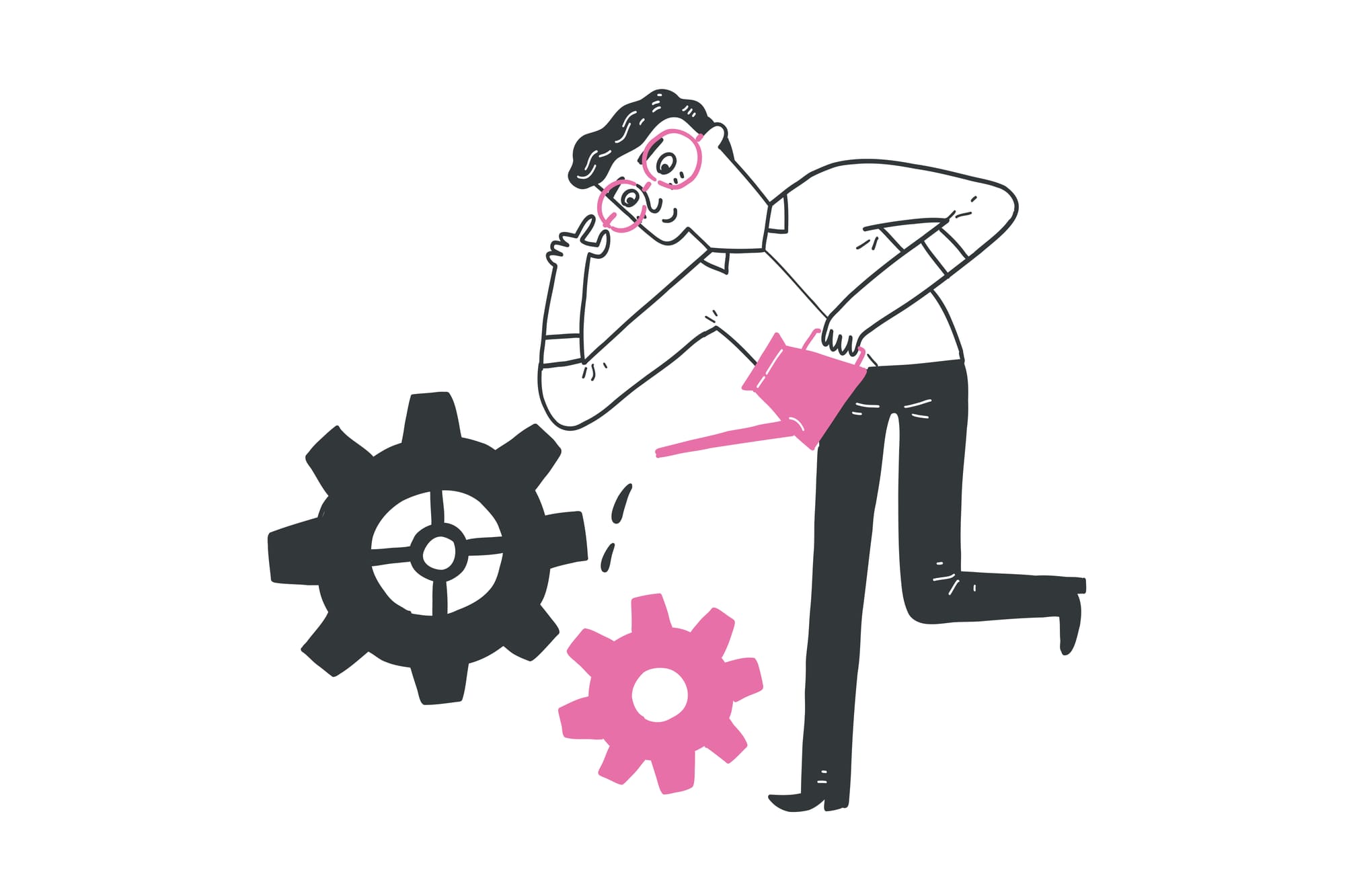Leadership and management go hand in hand. Reflect on the times you've been under the guidance of a competent manager. Were they adept in effective communication, timely problem resolution, and insightful decision-making? Indeed, these are the hallmarks of a successful leader. However, in our rapidly digitizing world, even the best leaders need assistance.
Today, we will delve into the must-have tools for modern managers. These span across five vital categories: Communication, Project Management, Time Management, Performance Management, and Training & Development.
Communication Tools
The digital transformation has made communication tools indispensable. They are the backbone of remote teams, ensuring seamless collaboration, idea sharing, and goal alignment.
Here are some essential communication tools:
- Emailing Platforms (e.g., Gmail, Outlook)
- Instant Messaging (e.g., Slack)
- Video Conferencing Solutions (e.g., TrueConf, Zoom, Google Meet)
- Content Enhancement Tools (e.g., Grammarly, Ludwig, ChatGPT).
Project Management Tools
In the realm of virtual collaboration, project management tools simplify task delegation, progress tracking, and teamwork. They foster accountability and prevent projects from derailing.
Here are some essential project management tools:
- Agile Management Software (e.g., ProofHub, Jira, Trello)
- Gantt Chart Platforms (e.g., Asana, Monday.com)
- Kanban Systems (e.g., Planview, KanbanFlow)
Time Management Tools
To steer clear of inefficiencies and missed deadlines, time management tools are a boon. They help prioritize tasks, ensuring that efforts align with the most pressing organizational objectives.
Here are some essential time management tools:
- Digital Calendars (e.g., Google Calendar, Apple Calendar)
- Task Organizers (e.g., Todoist, Microsoft To Do)
- Productivity Trackers (e.g., Toggl, RescueTime, Harvest)
Performance Management Tools
These are integral for gauging employee contributions and driving organizational excellence. By setting clear metrics and providing continuous feedback, these tools boost job satisfaction and retain high-performing talent.
Here are some essential performance management tools:
- Performance Evaluation Platforms (e.g., Reflektive, Small Improvements)
- Feedback Mechanisms (e.g., Qualtrics, SurveyMonkey, HAY)
- Objective Tracking Systems (e.g., Quantive, 15Five)
Training and Development Tools
A manager’s responsibility doesn't end at task allocation. To ensure continuous growth, it's pivotal to provide teams with ongoing learning opportunities. Modern platforms facilitate this with diverse resources tailored for skill enhancement.
Here are some essential training and development tools:
- E-learning Platforms (e.g., Moodle, Blackboard)
- Skills Development Platforms (e.g., Udemy, Coursera)
- Knowledge-Sharing Tools (e.g., Confluence, Notion)
Adapting to Modern Work Dynamics
Over the past few years, work dynamics have evolved rapidly, especially in light of global events like lockdowns. Whether you're adapting to hybrid working models or full remote structures, the tools listed above are pivotal in ensuring efficiency.
However, a word of caution: While exploring tools, avoid the paradox of choice. It's easy to get overwhelmed, much like choosing a Netflix series. Opt for trials, but ensure you integrate only those that genuinely enhance your managerial prowess 👻





